Search
Search Results
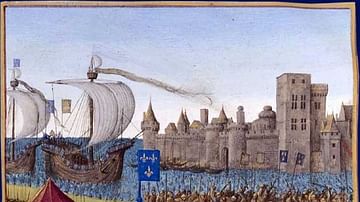
Definition
Eighth Crusade
The Eighth Crusade of 1270 CE was, like the Seventh Crusade (1248-1254 CE), led by the French king Louis IX (r. 1226-1270 CE). As previously, the idea was to attack and defeat the Muslims first in Egypt and then either reconquer or negotiate...
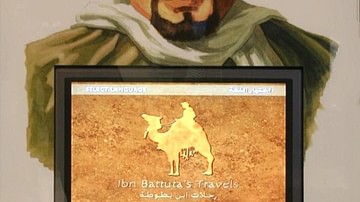
Definition
Ibn Battuta
Ibn Battuta (l. 1304-1368/69) was a Moroccan explorer from Tangier whose expeditions took him further than any other traveler of his time and resulted in his famous work, The Rihla of Ibn Battuta. Scholar Douglas Bullis notes that “rihla”...
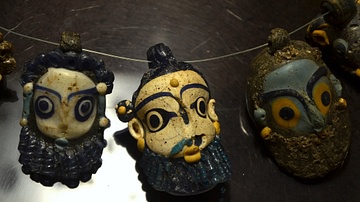
Article
Carthaginian Society
The society of Carthage was dominated by an aristocratic trading class who held all of the important political and religious positions, but below this strata was a cosmopolitan mix of artisans, labourers, mercenaries, slaves, and foreigners...

Image
Death of Louis IX at Tunis, 1270 CE
A 15th century CE painting depicting the death of French king Louis IX in 1270 CE during the Eighth Crusade at Tunis.
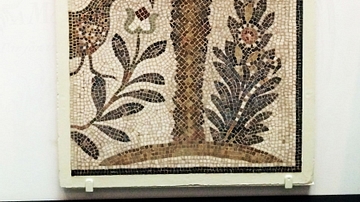
Image
Jewish Mosaic of a Date Palm
This mosaic was once part of the mosaic found in an ancient synagogue in what's present-day Tunisia. This specimen dates from c. 550 CE and is made of stone and mortar. The date palm likely symbolized the Tree of Knowledge of Good and Evil...
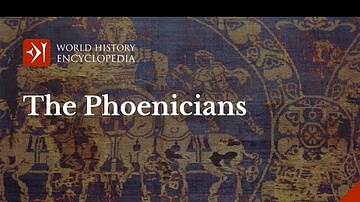
Video
History of the Phoenicians: The Maritime Superpowers of the Mediterranean
The Phoenicians were the maritime superpowers of the Mediterranean. Their culture flourished and was at its most powerful between 1500 and 332 BCE when Alexander the Great entered the region and decimated the cities and their populations...
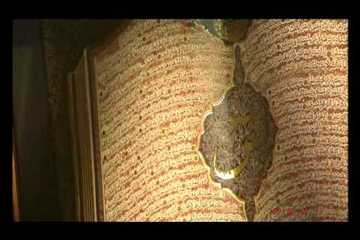
Video
Kairouan (UNESCO/NHK)
Founded in 670, Kairouan in present-day Tunisia flourished under the Aghlabid dynasty in the 9th century AD. Despite the transfer of the political capital to Tunis in the 12th century AD, Kairouan remained the Maghreb's principal holy city...
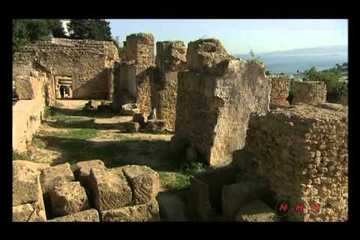
Video
Archaeological Site of Carthage (UNESCO/NHK)
Carthage was founded in the 9th century B.C. on the Gulf of Tunis. From the 6th century onwards, it developed into a great trading empire covering much of the Mediterranean and was home to a brilliant civilization. In the course of the long...
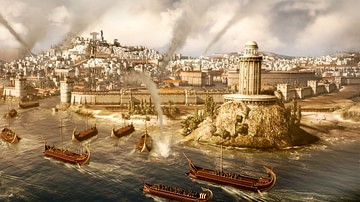
Definition
Carthage
Carthage was a Phoenician city-state on the coast of North Africa (the site of modern-day Tunis) which, prior the conflict with Rome known as the Punic Wars (264-146 BCE), was the largest, most affluent, and powerful political entity in the...
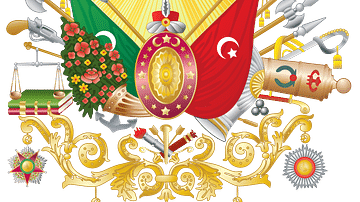
Definition
Ottoman Empire
The Ottoman Sultanate (1299-1922 as an empire; 1922-1924 as caliphate only), also referred to as the Ottoman Empire, written in Turkish as Osmanlı Devleti, was a Turkic imperial state that was conceived by and named after Osman (l. 1258-1326...